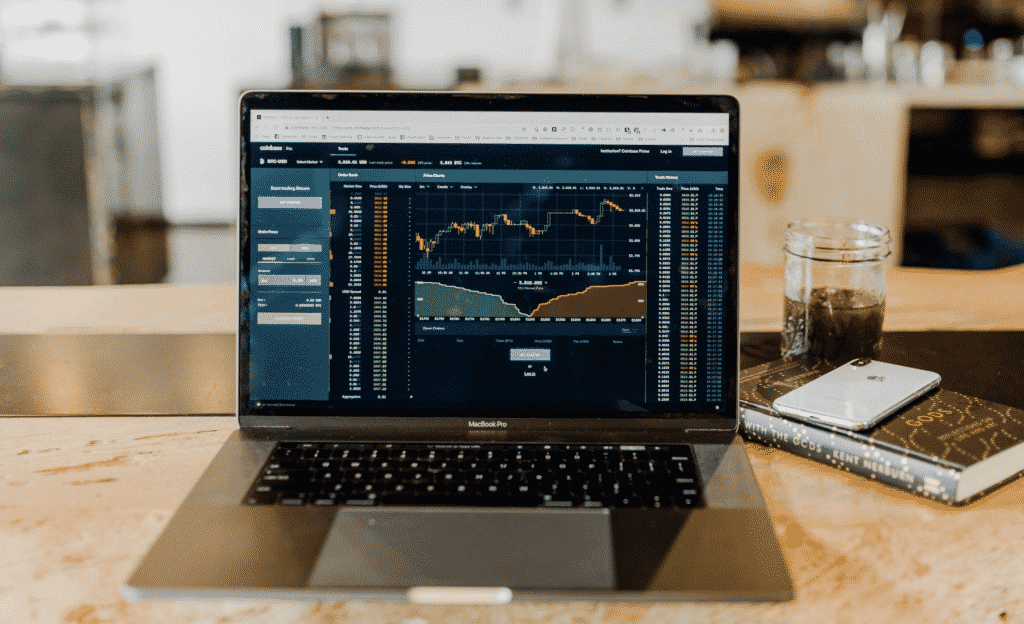What are CFDs?
A CFD or Contract for Difference is a means that allows traders to speculate on an underlying asset without owning the asset. One can access global markets as well as trade a variety of assets through CFDs, including stocks, commodities, indices, currencies, etc. It is an agreement between an investor and the broker to settle or exchange the difference between the entry (value at contract time) and exit (current value) prices of a financial product. Though CFDs have been around since the 1990s they gained popularity in 2020. An individual can make or lose money depending on the rise or fall in the price of a financial instrument. If the price is higher at the closing date, the buyer profits and vice versa.
How do CFDs work
One should buy contracts if he/ she expects them to rise and sell if they expect them to fall. Traders and investors can gain from the price differential without owning the underlying assets. The contract is based on the entry and exit value and not on the value of the underlying asset.
There are different financial products to choose from, including currencies, commodities, indices, cryptocurrencies, shares, metals, etc. Many trading platforms offer spot trading as well as trading at a future rate.
An investor needs to open a brokerage account for trading CFDs. Usually, a commission, a financing cost, and the spread is involved in CFD trading. The trader also needs to maintain a small margin deposit (ie. a portion of the total amount) to hold a trading position.
Risks and Rewards
One of the major advantages of CFDs is the access to the underlying asset at a lower cost without the need of buying the asset. There is no delivery of physical goods or securities involved with CFDs. Another benefit of CFD trading is that one can speculate on price movements in either direction. CFDs open a huge profit avenue for a trader (ie. if his bets are spot on), since he can access global markets and diversified assets for a small margin deposit and has the opportunity to leverage his trading. Access to global markets, greater flexibility than traditional trading, host of asset classes, etc. are some of the advantages of trading CFDs.
CFDs can be useful only for expert traders/ institutional investors as a lot of price speculation is involved. Depending on one’s experience and market knowledge, he/ she can either initiate a long or short position. If their prediction is correct, they can gain and vice versa. It is possible to make money from CFD trading, however, it can also be risky as leverage is involved. Though some providers also allow to trade CFDs without leverage, leverage is good in a way that one can get exposure to a large position without committing the full sum at the beginning. Remember, it is important to do one’s homework and be aware of the associated risks.
Conclusion
CFDs are straightforward to execute thanks to simple buy / sell interfaces developed by brokers, which even allow for convenient trading on mobile devices. However, trading successfully requires a lot of experience and market analysis. A person who is adept with market trends should only venture in this direction. CFDs are widely available in the U.K., Europe, and Asia. One notable exception where they’re not available is the U.S. due to local regulations.
